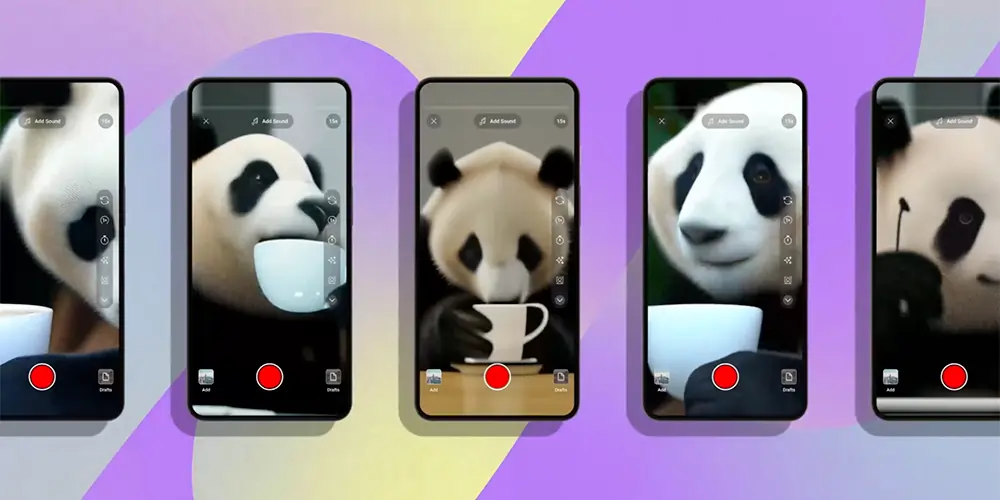Meta’s CEO, Mark Zuckerberg, unveiled a suite of artificial intelligence tools intended for integration into Meta platforms.
The move revealed in an all-staff meeting represents a significant stride towards the future of technology, one with AI embedded in our day-to-day social interactions.
Zuckerberg previewed a selection of AI initiatives, including chatbots reminiscent of ChatGPT that will be deployed on Messenger and WhatsApp.
The bots, designed to communicate using unique personas, promise to reshape user interaction across Meta platforms.
User Engagement Through AI
According to the company’s representatives, forthcoming features on Instagram will allow users to manipulate photos through text prompts, whilst a new emoji sticker generator promises to bring vibrancy to Meta’s messaging services.
“The advancements in generative AI have enabled us to incorporate the technology into every single one of our products,” said Zuckerberg.
This demonstrates how Meta is positioning itself at the forefront of AI, working diligently to keep pace with its rivals, Google, Microsoft, and Snapchat, who have already begun integrating AI tools into their offerings.
Zuckerberg also hinted at a new productivity assistant, named Metamate, designed to help Meta employees by answering queries and performing tasks using information extracted from internal company systems.
This development comes as part of a broader effort to reorganise Meta’s AI divisions and enhance its technological infrastructure.
Last year, the company acknowledged deficiencies in its hardware and software capacity to meet its AI product requirements.
Zuckerberg’s AI Vision
In a podcast with Lex Fridman, Zuckerberg expanded on his vision for AI, highlighting its potential to enhance social interaction and bolster business operations.
He underscored the potential of AI to act as a “social assistant,” helping users remember significant dates in their friends’ lives and maintaining their social connections.
The CEO discussed his ambition to deploy a vast range of Large Language Models, uniquely tailored to different user needs and business sectors. He suggested that, for brands, these advancements might negate the necessity of hiring ad agencies. Instead, brands would brief Meta about their objectives, and the platform’s AI would craft the most effective ads.
A Twitter Rival and a Snub to Apple
On a separate note, employees received insights into Project 92, which appears to be a nascent rival to Twitter.
While details remain scarce, the platform, potentially named ‘Threads’, is said to be based on Instagram and may offer an alternative to the existing social media landscape.
Despite Meta’s significant AI advancements, the company’s pace of deployment has been critiqued for lagging behind competitors like Microsoft and Snapchat. However, with a suite of consumer-facing AI tools on the horizon, Meta is determined to become a dominant player in this burgeoning AI era.
In a dig at Apple, Zuckerberg expressed disinterest in the $3,499 Vision Pro headset, suggesting that it did not align with his vision for the future of computing. In comparison, he mentioned Meta’s forthcoming Quest 3 headset, which is priced significantly lower at $499.
Meta’s leap into generative AI represents a defining moment in its trajectory, embodying a pioneering ethos that seeks to intertwine technology and daily life.
It’s a bold step into an era where AI doesn’t just assist but also permeates our social interactions, facilitating our connection with others and enhancing our businesses.




